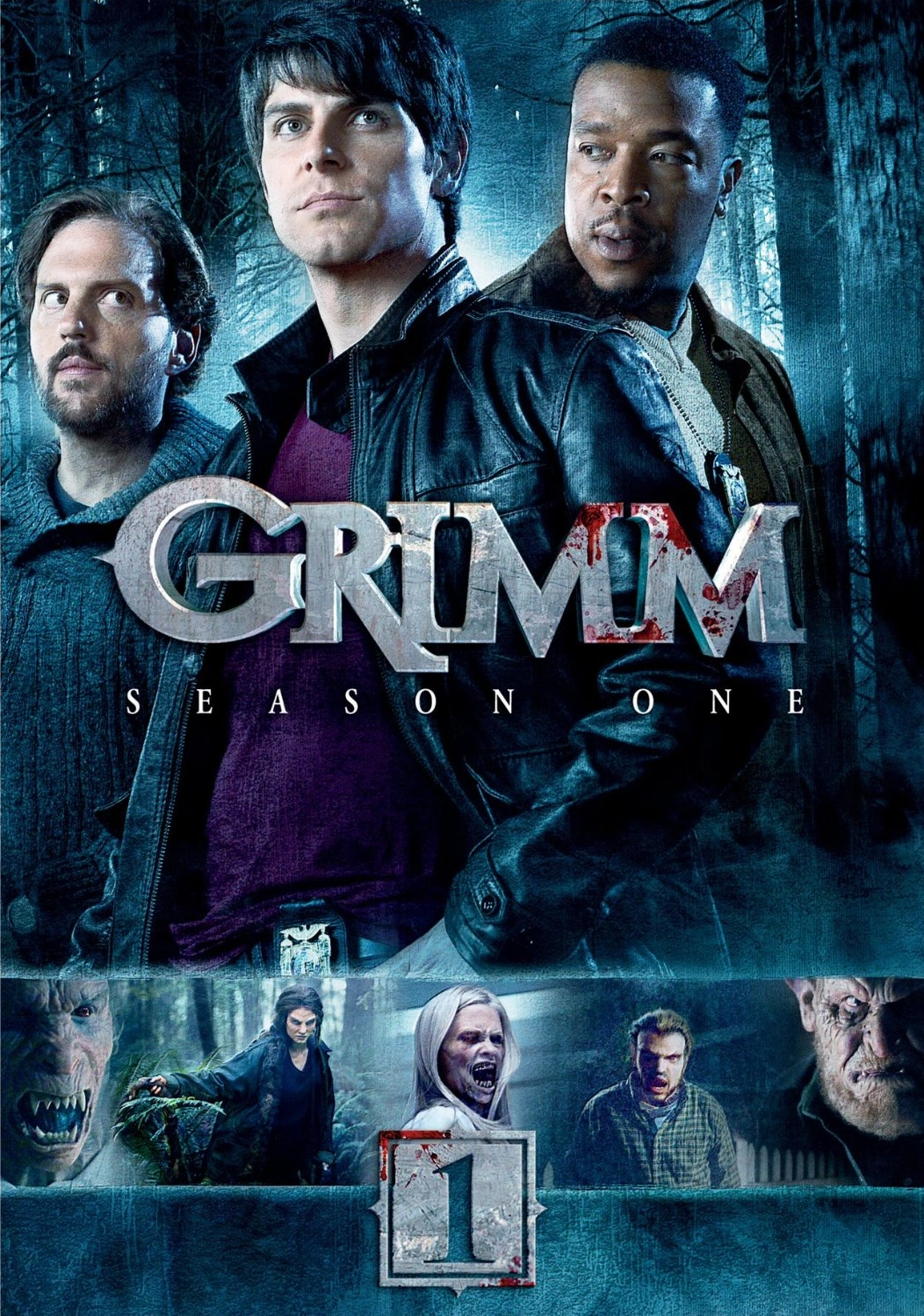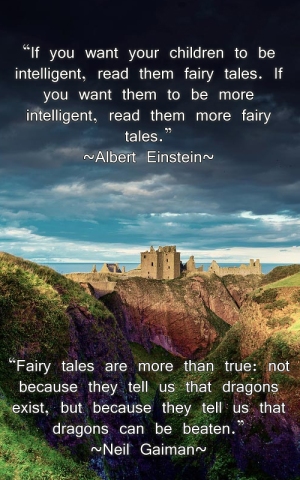 I recently started watching the TV show Grimm. I’m still about a season-and-a-half behind, but catching up pretty quickly (no spoilers if you’ve watched more than me!). For those who aren’t familiar with the show, it’s about a homicide detective named Nick who recently inherited his family’s gift for seeing strange creatures known as Wesen. Together with his detective partner, his girlfriend, and a reformed Blutbot (aka “the big bad wolf”), Nick discovers that a surprisingly high number of Wesen happen to commit crimes in Portland, Oregon (seriously, are there no human criminals?)
I recently started watching the TV show Grimm. I’m still about a season-and-a-half behind, but catching up pretty quickly (no spoilers if you’ve watched more than me!). For those who aren’t familiar with the show, it’s about a homicide detective named Nick who recently inherited his family’s gift for seeing strange creatures known as Wesen. Together with his detective partner, his girlfriend, and a reformed Blutbot (aka “the big bad wolf”), Nick discovers that a surprisingly high number of Wesen happen to commit crimes in Portland, Oregon (seriously, are there no human criminals?)
The thing that makes Grimm different from other crime dramas, and what initially attracted me to the show, is the folkloric element. The stories are loosely based on fairy tales and myths from a variety of cultures, most notably those collected by Jacob and Wilhelm Grimm. Each episode uses elements of an original legend, but changes the plot. Another “change” that has been made is that Grimm is much darker than the popular idea of fairy tales as Disney princess stories.
I say “change” in quotation marks because the fairy tales most of us grew up with are MUCH tamer than the original versions (or, more accurately, the earliest versions we have written down). Yet many people assume fairy tales started out innocent and have been corrupted by our modern culture. Take this quote from Plugged In Online’s review of Snow White and the Huntsman, for instance.
I’ve always liked fairy tales, whether in cartoony-flick or storybook-for-the-kids form. But it appears that those “once upon a time” sweet and innocent versions don’t often make the grade nowadays. Today’s reimaginings usually have to come with a bit more bite.
The trend with today’s versions of fairy tales, including Grimm, isn’t so much making the stories darker as it is returning to fairy tales’ darker roots. Even the fairy tales we consider “sweet and innocent” used to have a darker side. Cinderella’s step sisters cut off their toes and heels to fit into the glass slipper. The Little Mermaid’s prince marries someone else and she considers murdering him, but dies instead. And I’m not even going to talk about Sleeping Beauty and Rapunzel.

Don’t misunderstand me — I love Disney films. And they can get pretty dark, at least so far as the villain is concerned. But I love the older versions as well. I wouldn’t read all of them to a young child, but it is possible to shelter children too much (see my previous post where I talk about banning fairy tales). And there is certainly no reason not to read fairy tales as an adult. In the words of C.S. Lewis,
When I was ten, I read fairy tales in secret and would have been ashamed if I had been found doing so. Now that I am fifty, I read them openly. When I became a man I put away childish things, including the fear of childishness and the desire to be very grown up.
Lewis also said, to those who think fairy tales belong in the nursery, “Some day you will be old enough to start reading fairy tales again.” My own fairy tale reading did not begin in earnest until I had graduated high school, so I suppose by this definition the more fairy tales I read, the more grown-up I get.
Pardon me for stalking your blog for a bit.
I love fairy tales, and it always amuses me when people think that they started out as innocent, sickly-sweet stories. One of my older sisters checked out Grimm’s Fairy Tales from the library when I was probably around 11 and she would read them to me. I was fascinated by them.
I agree, I wouldn’t read them all to small children. However, It always amazes me when parents won’t let their children read fairy tales, and it amazes me more when parents pick and choose which types of fantasy are acceptable.
Chronicles of Narnia? Fine.
Harmless fantasy written by non-Christians? Completely unacceptable.
The Lord of the Rings (which Tolkien specifically stated was not allegorical because he hated allegory)? Great!
Harry Potter (which Rowling said IS allegorical)? Satanic.
Now, don’t get me wrong, I’ve never looked for the allegory in the Harry Potter series and I don’t plan to start, I like it as simply a story about some fictional wizards. But I don’t understand some parents’ logic.
LikeLike
Stalk/read all you want 🙂
I don’t understand the logic either. I was reading an article a few weeks ago about why parents are banning certain fairy tales which really confused me. Instead of not reading Cinderella because the step sisters cut off parts of their feet to fit into the slipper, they aren’t even reading the Disney version because the main character is forced to do housework. The problem with Jack and the Beanstalk was that it was too “unrealistic” (I thought that was to be expected of fairy tales, but I suppose I could be wrong …).
LikeLike
First of all, forced to do housework? I’m sorry, but my children will be forced to do housework. It’s called “chores”. It’s called being part of a family.
And I sure hope my children read and dream of things that are unrealistic. That’s what imagination is for.
LikeLike
My thoughts exactly 🙂
LikeLike